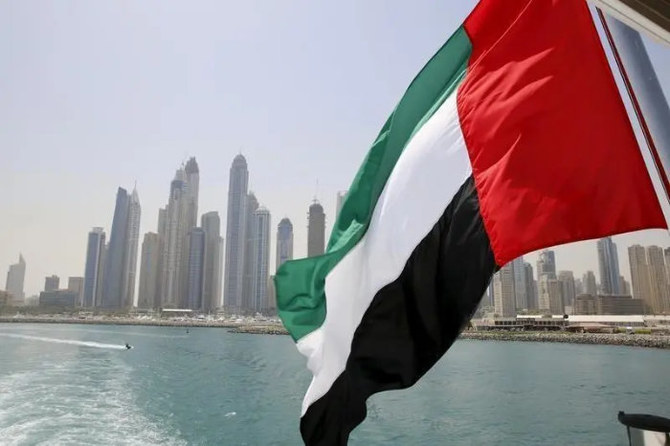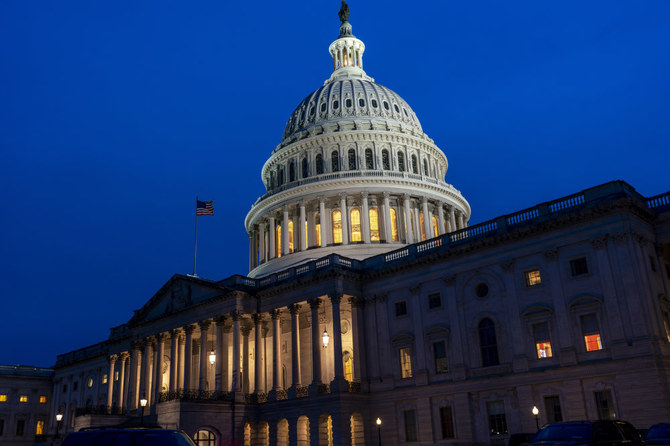
Twenty years ago, a series of crises in emerging markets created the need to expand the G7 to the G20 — a ministerial group representing the largest and most systemically important economies — in order to provide a broader perspective and better coordination on international economic policy.
In the wake of the 2008 global economic crisis, the leaders of those G20 countries convened to identify steps that would restore stability to the global economy — and did so successfully.
The focus of the G20 expanded in the last decade through the creation of engagement groups to establish a dialogue with civil society on a wide range of topics from the environment to gender equality to social justice. One such group, Business 20 (B20), serves as the voice of global business to the world’s largest economies. In this year’s G20 Presidency of Saudi Arabia, I have been fortunate to chair the B20, which identifies the most pressing priorities impacting all business — large and small — in the developed and developing world.
This has been a fantastic opportunity, not only for business leaders such as me, but also for the Kingdom overall. Saudi Arabia is the first Middle Eastern country to be bestowed with the distinct privilege of hosting the G20 and B20 and it comes at one of the most challenging times in modern history, given the coronavirus disease (COVID-19) pandemic. One could view this as unfortunate timing for Saudi Arabia, but I believe just the opposite.
The world’s eyes will be on our country in the coming months for the B20 and G20 summits as global political and business leaders gather virtually to discuss a host of important issues. At the top of the list will be how the public and private sectors can best address the health and economic fallout resulting from the COVID-19 crisis. This is no small order. But Saudi Arabia has never been one to shy away from challenges, whether it be managing major health issues such as MERS (Middle East Respiratory Syndrome) or creating a new economic blueprint for one of the youngest populations in the world.
In line with the B20’s past contributions we are confident we will put forth recommendations that, if adopted, will be critical to helping to restore and reinvigorate the global economy. In fact, we came together as a group early on in the pandemic to create a dedicated COVID-19 initiative, tapping global business leaders for their insights on how to best navigate the crisis and restore the economy at a regional and global level.
Over the past nine months, I have had the good fortune to partner with several Saudi business leaders who serve as chairs of the B20 taskforces and the Women in Business Action Council. Working with them, their co-chairs and the 650 plus members of the B20, representing every conceivable business sector from all corners of the world, we have identified 25 priorities for the global business community.
Interestingly, when we first developed these priorities the pandemic was on no one’s radar, but they remain every bit as critical in importance. The priorities cover a wide swath of issues, including the need for increased digitalization, managing climate change, fair and equal trade, healthy supply chains to move critical goods and services across borders and the eradication of corruption. All these priorities were developed with several factors in mind, including alignment with the United Nations Sustainable Development Goals (SDGs), increased participation of women in the global economy and creating an environment for MSMEs to prosper.
The presidency and impending summits have helped to raise the profile of the Kingdom, providing a voice not only for Saudi Arabia but also for the Middle East region and developing countries overall. Also, it comes at a time when the Kingdom is pursuing its Vision 2030 goals, which in many ways align with the priorities we are putting forth, demonstrating we can in fact lead by example.
The Vision 2030 reform plan’s focus on preparing the next generation for the workplace of the future, boosting the participation of SMEs in the economy and delivering equal opportunities for women are a representative sample of the Kingdom’s alignment with B20 Saudi Arabia. With one of the youngest populations in the world (50 percent under the age of 25) and women playing a strong role (50 percent of university graduates are female), we must focus on the future to build a better world for the next generation.
However, we cannot tackle these challenges with a “go it alone” strategy. As business leaders, we need to engage with governments, civil society and multilateral institutions to lay out a road map to success.
• Yousef Al-Benyan is the chair of B20 Saudi Arabia, the voice of the private sector to the G20. He is also vice-chairman and CEO of SABIC, one of the world’s largest petrochemical companies.
Disclaimer: Views expressed by writers in this section are their own and do not necessarily reflect Arab News" point-of-view












